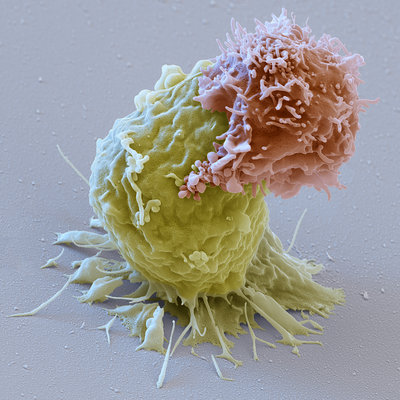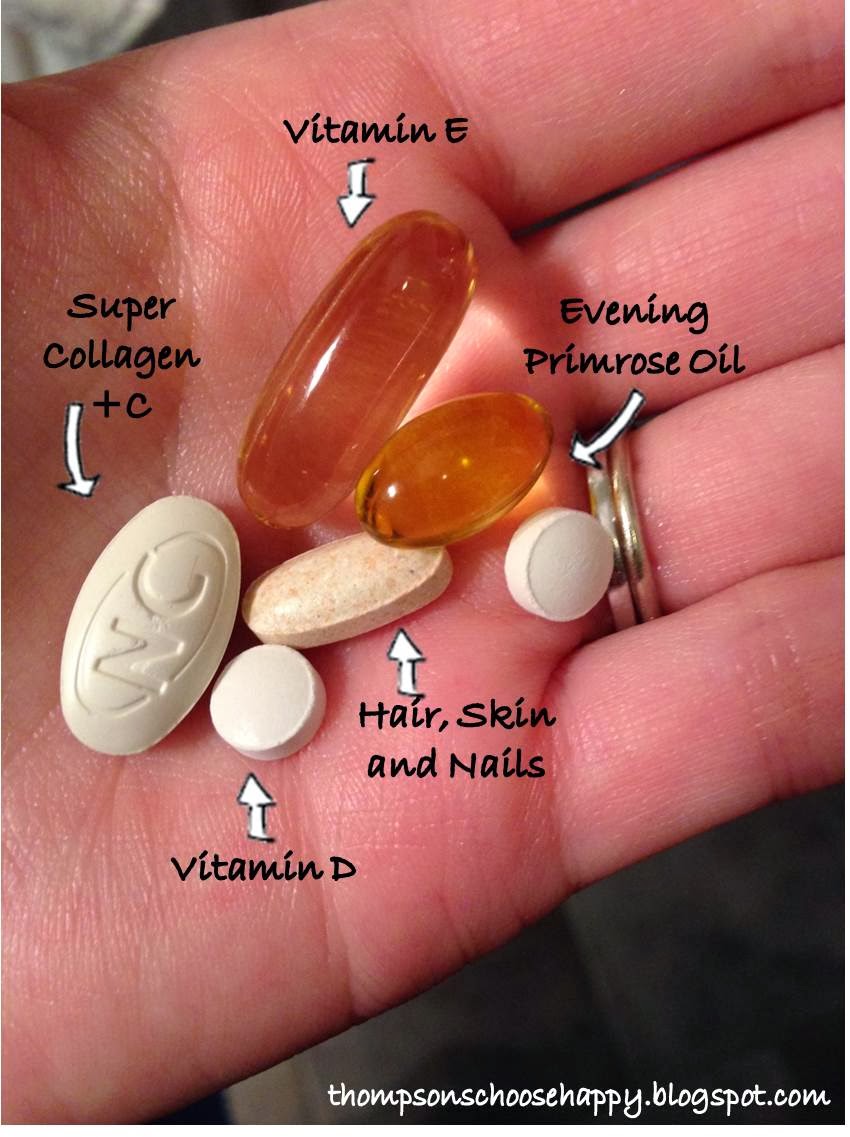Persistent optimism is a quality that many with ADHD develop, because it helps them get through, and recover from, the many setbacks they experience when ADHD symptoms get in their way. Insomuch as it helps one dust off the scratches and keep going in life, it’s a real benefit. It is also a staple for entrepreneurs (some number of whom have ADHD), as they must be able to both envision what others can’t see, and rebound easily from failure.
But optimism has its dark side, as well. As a rosy picture of the future, optimism can allow you to remain blissfully ignorant of what’s actually going on around you. This can really cause problems. An entrepreneur with ADHD recently wrote to me:
“I think optimism is part of my problem. I look on things with such a positive outlook that it’s hard for me to imagine that things are going wrong. I just don’t see it…optimism keeps me going and persistent…(in business) I can just keep trying new things until it works out. But relationships aren’t like that. You can’t keep trying because trust is lost as the mistakes are made…”
In theory, one should also be able to try new things and learn in a relationship. But unlike in the business situation, the spouse has judgment and feelings. You can’t try just any old thing to see what sticks. And you have to listen, hear, and act on what your partner is telling you or, over time, she will feel unheard. This is where the optimism of ADHD gets in the way. For instead of being a tool for supporting persistence, it becomes the method of unwitting avoidance. Your partner says something negative and you filter it through your optimistic lens and think “it can’t be that bad!” and move on. The partner feels invalidated and hurt.

These optimistic blinders hurt in other ways, as well. For example, I cannot tell you how many ADHD adults I’ve met who are simply unconcerned about their very insecure financial futures, claiming “it will all just work out,” even if they have a history of financial troubles, as many do. Their partners are sometimes crazy with anxiety and fear for their future, while the ADHD partners continue to just “go with the flow.” A great deal of conflict ensues.
As a protective coping strategy for those with ADHD, it turns out that chronic optimism might “feel good” but it doesn’t actually work out so well for many.
Is there a way to temper this optimism? ADHD adults can gain the ‘dust yourself off’ benefits of optimism while limiting the “blinders” negatives when couples learn to overtly and carefully blend the optimistic with the pragmatic. Three strategies can help get them there.
First, it helps to improve the ADHD partner’s reliability with optimized treatment. Poor follow through and inconsistency really hurt trust – greater reliability lessens the pressure in this area and takes considerable strain off the relationship so partners can more fully focus on issues such as the conflict between optimism and pragmatism.
Second, it’s immensely helpful to learn validation skills. By learning to take their partner’s comments at face value even if they don’t understand their origin, ADHD partners are less likely to fall into the trap of thinking “it can’t be that bad.” If your partner says it’s bad for them, then it is. Rather than “escape,” couples can focus on the more important question, “so what do we do about it?” instead.
Third, the downsides of optimism can be thwarted or minimized in areas that are critical for both partners’ emotional and financial safety in the relationship. One example of this might be putting an automatic savings plan in place for retirement so that it would be hard to just ‘go with the flow’ and stop saving.












































